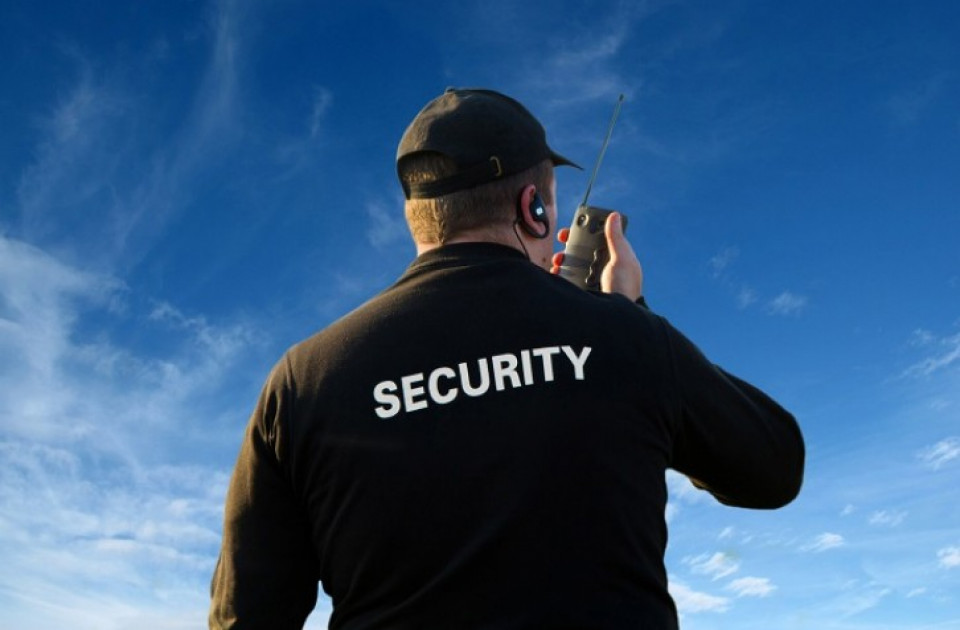
It is always a great idea to switch to a dedicated server from the present shared server you use. However, as a website developer you should think about security concerns connected with your dedicated server. If ignored, security threats can destroy your website and business online. Even the best web hosting providers face the challenge of fixing loopholes in security of dedicated servers to reach maximum performance and provide trouble-free service. Here is the list of steps your security plan should consist of.
How to secure my dedicated server?
A proper security plan includes risk assessment. It means that you should define the key points necessary for protection of your assets, and why. Explain what stands behind this or that way of protection, and what follows if measures are not followed properly. You should establish a balance between usability and accessibility with security. Note that the risk is equal for those who don’t actively use the server, and those who frequently install and run tools and applications on their server. There are some points you should consider to provide security of your resources and operating system.
Eliminate Unnecessary Services
Default configurations and installations on the OS always pose threat to server security. As a rule, during default installation, some unnecessary services are also installed by default. That gives hackers an opportunity to disturb your server. Therefore you should switch off all unneeded services used on the server, or delete them. Disabling prevents them from starting automatically on next reboot. This way, you will prevent bottlenecks and boost server performance.
Avoid Remote Access
Sometimes remote access can be dangerous. Specialists recommend administrators access their servers locally. If remote access is a need, make sure that it is properly secured with the help of encryption protocols and stringent tunneling. Security software and tokens is a nice practice for server protection. It is better to allow access to some certain number of IPs and accounts.
Do Not Unite Testing and Production on One Server
Many developers test and develop their applications on one server. It is crucial not to allow public access for your public directories on the production server. Web applications on early development stage often lack proper validation and exception dealing capabilities which makes them vulnerable. If you mix testing and development on one server, your files and applications can be simply compromised by malicious users.
Make Permissions Carefully
Permissions to files, server and network mean a lot for dedicated web server security. Having a well-thought server monitoring plan, you should grant minimal privileges and permissions to administrators and users for specific network service. It is also wise to give minimum permissions to anonymous users who request access to your site, applications and database.



comments